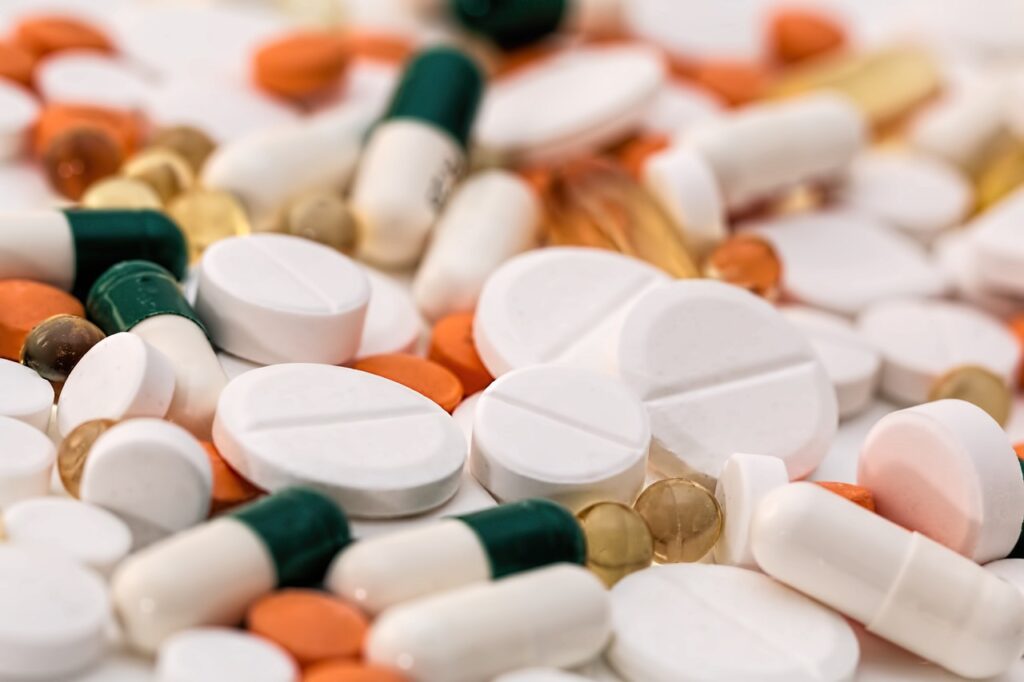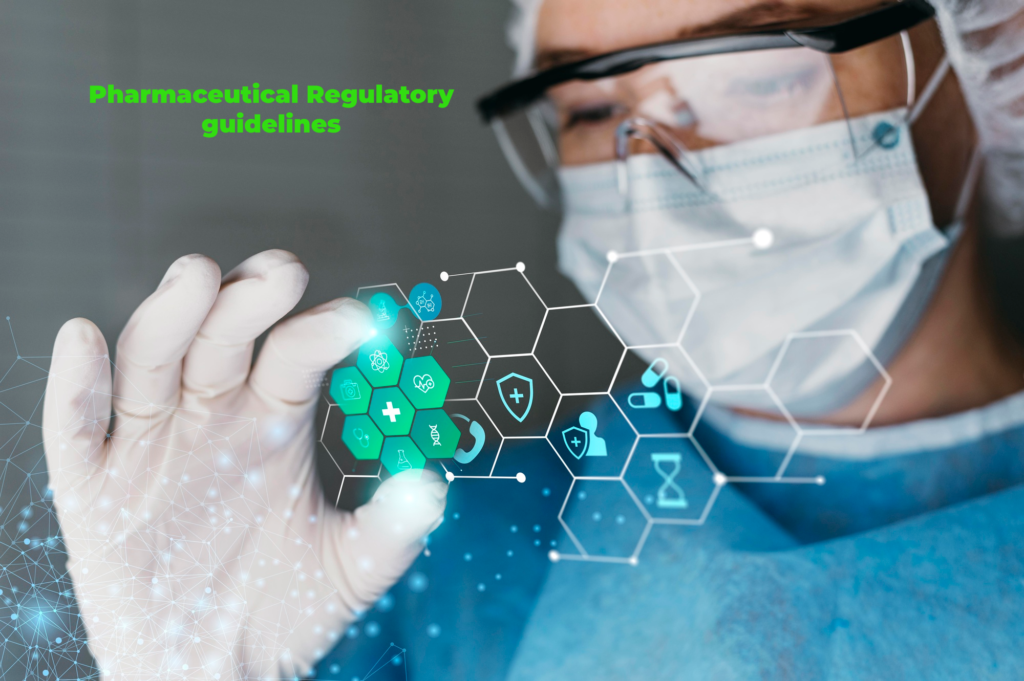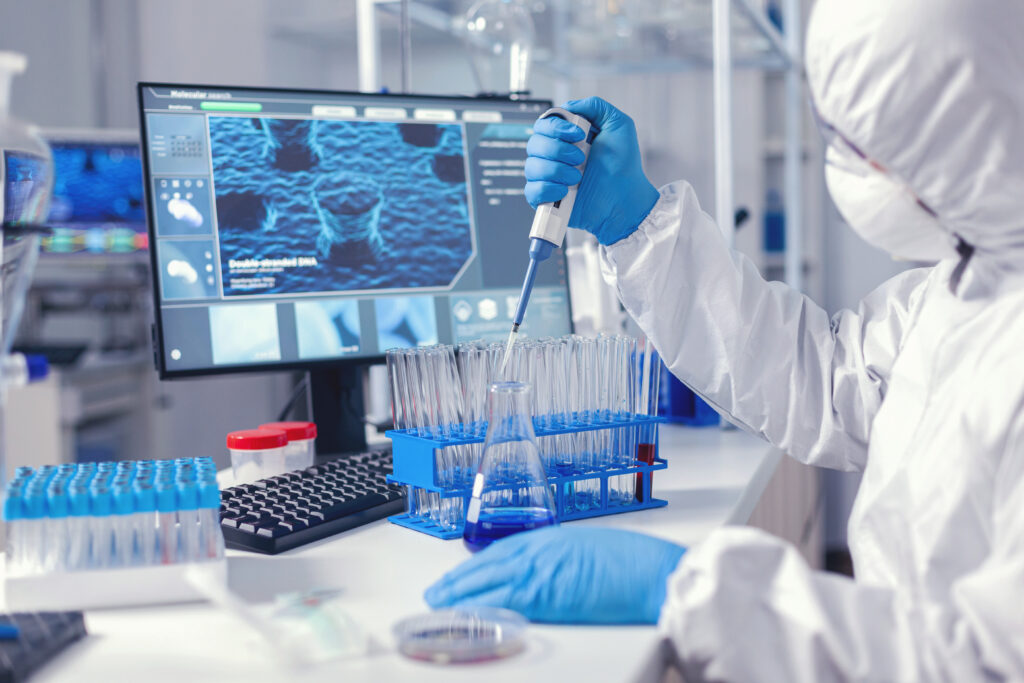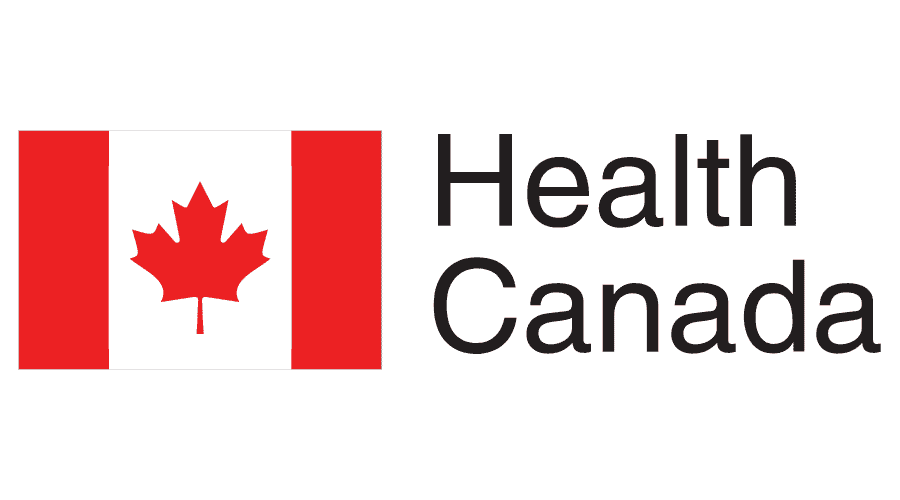MHRA: Safeguarding Public Health and Regulating Medicines
In the dynamic landscape of healthcare, ensuring the safety and efficacy of medicines is paramount. The Medicines and Healthcare products Regulatory Agency (MHRA) plays a pivotal role in safeguarding public health by overseeing the regulation of medicines, medical devices, and blood components in the United Kingdom. With its robust framework and comprehensive approach, the MHRA stands as a cornerstone in maintaining the quality and safety of healthcare interventions.
Introduction
The Medicines and Healthcare products Regulatory Agency (MHRA) is an independent regulatory body that operates under the Department of Health and Social Care in the United Kingdom. Established to uphold the highest standards of safety, quality, and efficacy in medical products, the MHRA plays a crucial role in both the pre-market assessment and post-market surveillance of medicines and medical devices.
In a world driven by medical advancements and scientific breakthroughs, the Medicines and Healthcare products Regulatory Agency (MHRA) emerges as a steadfast guardian of public well-being. With its unwavering commitment to upholding the highest standards of safety, efficacy, and quality, the MHRA plays a pivotal role in shaping the landscape of modern healthcare.
A Shield of Protection
Imagine a realm where every medication, every medical device, every therapeutic intervention is held to rigorous scrutiny, ensuring that it meets stringent criteria before it reaches the hands of patients. This realm is the creation of the MHRA, an agency that stands as a shield of protection between individuals and potential health risks. Its mission is not confined to the confines of administrative mandates; it is a solemn vow to shield the vulnerable, empower the informed, and advance the cause of health and well-being.
Navigating the Complex Terrain
The realm of medicines and medical devices is a complex terrain where science, ethics, and human lives intersect. In this intricate landscape, the MHRA navigates with precision, armed with a deep understanding of the scientific intricacies involved. It meticulously evaluates data, analyzes research findings, and collaborates with experts to ensure that every medicine that enters the market is safe, effective, and worthy of public trust. This navigation through complexity is a testament to the MHRA’s dedication to scientific rigor and responsible decision-making.
The Guardians of Innovation
Innovation in healthcare holds the promise of transformative change, offering new avenues to treat, cure, and prevent diseases. The MHRA recognizes the immense potential of innovation, and its role goes beyond regulation; it extends to fostering an environment where innovation thrives. By providing clear regulatory pathways and supporting research and development, the MHRA empowers innovators to explore new frontiers while maintaining an unwavering commitment to patient safety.
Ethical Foundations and Public Trust
In an era where medical breakthroughs can capture headlines, the MHRA remains steadfast in upholding ethical foundations that form the bedrock of healthcare. Its decisions are driven not only by scientific evidence but also by a profound sense of responsibility towards the individuals who depend on the products it regulates. This commitment to ethics and transparency is not only an intrinsic value of the MHRA but also a means of building and preserving public trust in the regulatory process.
Empowering Informed Choices
Information is power, especially in matters of health. The MHRA recognizes this truth and strives to empower individuals with accurate, accessible, and understandable information about medicines and medical devices. Through educational initiatives, public communication, and transparent reporting, the agency empowers patients and healthcare professionals to make informed choices that align with their health needs and preferences.
A Journey Towards Progress
The journey of the MHRA is a testament to the agency’s evolution, adaptability, and resilience. It stands on the foundations laid by the past while embracing the opportunities of the future. As medical science advances and new challenges emerge, the MHRA continues to evolve, ensuring that its regulatory practices remain at the forefront of modern healthcare. It is a journey towards progress, shaped by a commitment to excellence, a dedication to science, and an unyielding resolve to serve the best interests of society.
The Role of MHRA
The primary role of the MHRA is to evaluate and regulate medicinal products to ensure they meet strict standards of quality, safety, and effectiveness. It oversees the entire lifecycle of a medicine, from the initial stages of development and clinical trials to its approval and ongoing monitoring once it reaches the market. This comprehensive oversight helps in identifying and addressing any potential risks associated with medicines and medical devices.
Regulatory Framework
Licensing and Authorization
Before a medicine can be marketed and distributed, it must undergo a rigorous evaluation process by the MHRA. This process involves assessing extensive scientific data and evidence to determine whether the benefits of the medicine outweigh its potential risks. Only after a medicine is granted a marketing authorization can it be prescribed to patients.
Pharmacovigilance
The MHRA’s role extends beyond the initial approval of medicines. It operates a robust pharmacovigilance system, which involves continuous monitoring and collection of information on the safety of medicines. This enables the agency to detect and respond to any adverse effects or unexpected issues that may arise once a medicine is in widespread use.
Ensuring Quality and Safety
Good Manufacturing Practices (GMP)
To maintain the quality and safety of medicines, the MHRA enforces strict compliance with Good Manufacturing Practices. These guidelines ensure that medicines are consistently produced and controlled to the highest quality standards, minimizing the risk of contamination, errors, or defects.
Risk Assessment and Management
The MHRA employs a proactive approach to risk assessment and management. It collaborates with healthcare professionals, researchers, and industry experts to identify potential risks associated with medicines and devices. By doing so, the agency can take timely and effective measures to mitigate risks and protect public health.
Medical Devices and Innovations
CE Marking
In addition to medicines, the MHRA also oversees the regulation of medical devices. One key aspect is the CE marking, which indicates that a product meets essential health and safety requirements. This marking allows medical devices to be legally placed on the market within the European Economic Area (EEA).
Post-Market Surveillance
The MHRA’s responsibilities extend to the post-market phase of medical devices as well. It monitors the safety and performance of devices that are already in use to promptly identify and address any potential concerns.
Collaboration and International Engagement
Partnerships with Regulatory Agencies
Recognizing the global nature of healthcare, the MHRA collaborates with regulatory agencies around the world. This international engagement fosters the exchange of information, best practices, and expertise, contributing to a harmonized approach to medicine and device regulation.
Impact of Brexit
The MHRA’s relationship with the European Medicines Agency (EMA) has evolved due to Brexit. While it no longer participates in EMA committees, the MHRA remains committed to ensuring uninterrupted access to safe and effective medicines for the UK population.
Public Engagement and Transparency
The MHRA places a strong emphasis on engaging with the public and healthcare professionals. Transparent communication about regulatory decisions, safety concerns, and emerging issues helps build trust and ensures that stakeholders are well-informed.
Conclusion
The Medicines and Healthcare products Regulatory Agency (MHRA) stands as a steadfast guardian of public health in the United Kingdom. Through its comprehensive regulatory framework, diligent oversight, and commitment to transparency, the MHRA ensures that medicines and medical devices meet the highest standards of quality, safety, and efficacy. By safeguarding the well-being of the population, the MHRA plays a pivotal role in the advancement of healthcare.
FAQs
- What is the purpose of the MHRA? The MHRA’s primary purpose is to regulate and ensure the safety, quality, and effectiveness of medicines and medical devices in the UK.
- How does the MHRA regulate medical devices? The MHRA regulates medical devices by assessing their safety and performance, overseeing their manufacturing practices, and monitoring them in the market.
- What is the significance of CE marking? CE marking indicates that a medical device meets essential safety and health requirements, allowing it to be legally marketed within the EEA.
- How does the MHRA ensure post-market surveillance? The MHRA monitors medical devices and medicines in the post-market phase to detect and address any safety concerns or issues that may arise.
- How can the public stay informed about medicine safety? The MHRA maintains transparency through public communication, providing information about regulatory decisions, safety alerts, and emerging healthcare issues.
For more articles, Kindly Click here.
For pharmaceutical jobs, follow us on LinkedIn, Jobs in the United Kingdom
For Editable SOPs in Word format, contact us on info@pharmaguidelines.co.uk











